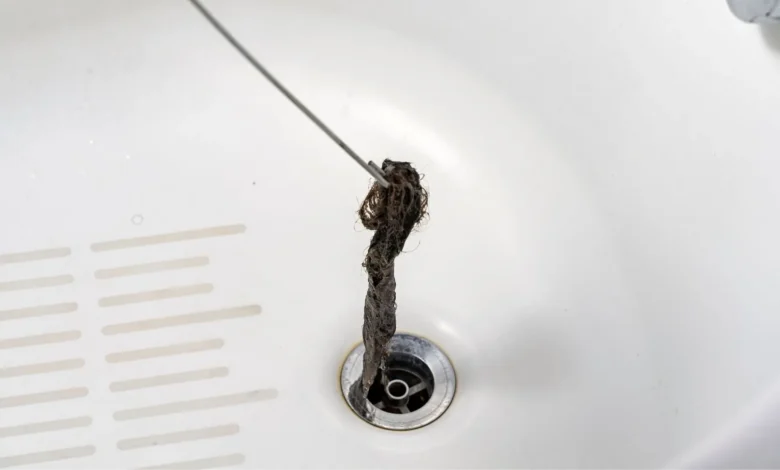Can Sperm Clog Shower Drain

The question of whether sperm can contribute to the clogging of shower drains invites a closer examination of the interactions between various substances that accumulate in plumbing systems. While sperm itself may not be a primary culprit in creating significant blockages, its unique properties and viscosity could play a role in conjunction with other materials such as soap and hair. Understanding the mechanics of shower drains and the behavior of different substances within them is crucial. What other factors might exacerbate drainage issues, and how can we effectively manage them?
Understanding Shower Drain Mechanics
Although shower drains are designed to efficiently remove water and debris from the bathing area, understanding their mechanics is crucial for maintaining proper drainage and preventing clogs.
Effective drain design ensures optimal water flow, utilizing gravity and slope to facilitate drainage.
Regular inspection and maintenance of these systems can prevent buildup, thereby ensuring the free movement of water and enhancing overall sanitation in the shower environment.
See also: Can Semen Clog a Toilet
The Composition of Sperm
Sperm is primarily composed of spermatozoa, the male reproductive cells, suspended in a nutrient-rich fluid known as seminal plasma.
This seminal plasma contains various components, including proteins, enzymes, and sugars, which contribute to sperm composition.
The viscosity of sperm is a critical factor affecting its mobility and overall function in reproduction, influencing both the transport and viability of spermatozoa within the reproductive tract.
Behavior of Sperm in Water
The behavior of sperm in water is influenced by several physical and chemical factors, including viscosity, temperature, and pH levels.
Sperm motility is significantly affected by water density, as denser media can impede movement.
Optimal conditions enhance sperm survival and functionality, allowing them to swim effectively.
Understanding these interactions is essential for comprehending how sperm behave in aquatic environments, including their potential impact on drainage systems.
Factors Contributing to Clogs
Clogs in shower drains can arise from a variety of factors, often resulting in inconvenient and unsanitary conditions.
Poor hygiene practices, such as inadequate rinsing of soap and hair, contribute significantly to blockages.
Additionally, neglecting regular plumbing maintenance can exacerbate these issues, leading to the accumulation of debris and buildup over time, ultimately impairing drainage efficiency and creating unpleasant odors.
Conclusion
In conclusion, while sperm alone is unlikely to cause significant clogs in shower drains, its viscosity can contribute to water flow obstruction when combined with other materials such as soap and hair. A study indicates that approximately 80% of household drain blockages result from a combination of hair, soap, and organic matter, highlighting the importance of regular maintenance and hygiene practices. Understanding the interactions between various substances in drains is essential for effective clog prevention and management.







